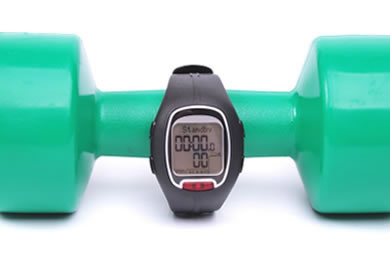|
If you're having a difficult time getting seven to eight hours a sleep a night, it's a good idea to talk with your healthcare provider about options for improving your quantity and quality of sleep. Some women find that making changes in their sleep hygiene--a fancy phrase for good sleep habits--can make a big difference in getting a good night's sleep. Here are several tips for better shut-eye: -Maintain a regular bedtime and wake-up time, and try not to change it drastically on the weekends. -Ease into bedtime with a warm bath or reading. Avoid exercising or eating 2-3 hours prior to bedtime. -Don't set your alarm early and hit the snooze button. You benefit from allowing yourself to sleep soundly until the time when you actually need to get up. -Stop drinking caffeine 6-7 hours before bedtime. -Limit alcohol 2 hours before bedtime. Although alcohol may make you fall asleep, it can disrupt normal sleep patterns and can cause you to wake up during the night. -If you need to get up at night to use the bathroom, avoid turning on bright lights. Have a night-light plugged in instead so you avoid over-stimulating your brain. -Keep your bedroom dark. -Invest in a new mattress if you find you're tossing and turning throughout the night because of discomfort. -Ear plugs can make a big difference in frequent wake ups, especially if you sleep with a snorer. If you've tried these techniques and are still having a tough time falling or staying asleep, don't give up. There are other levels of treatment that may work for you. For more information on how to treat your sleep problems, check out SparkPeople's Insomnia Condition Center. |
More From SparkPeople
|


.png)








.jpg)



